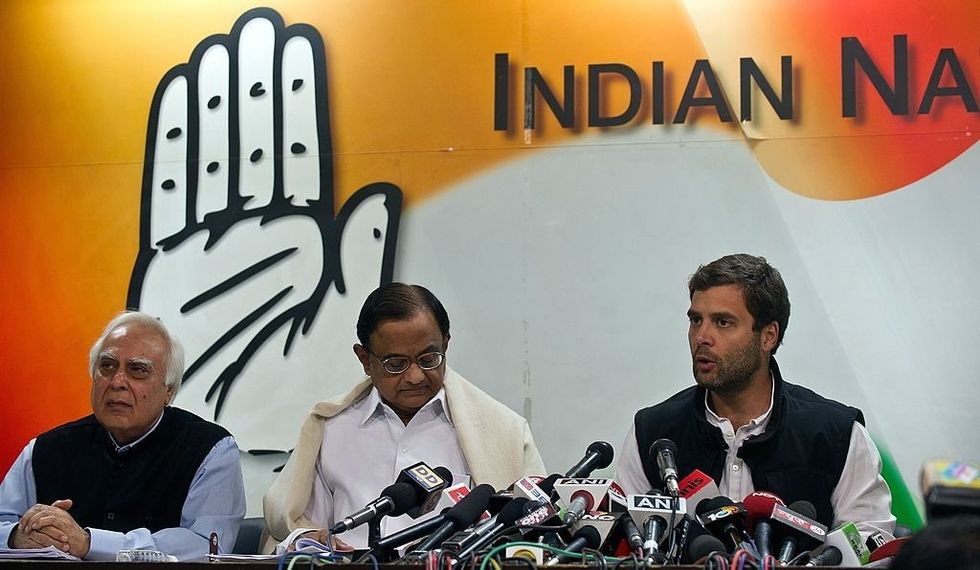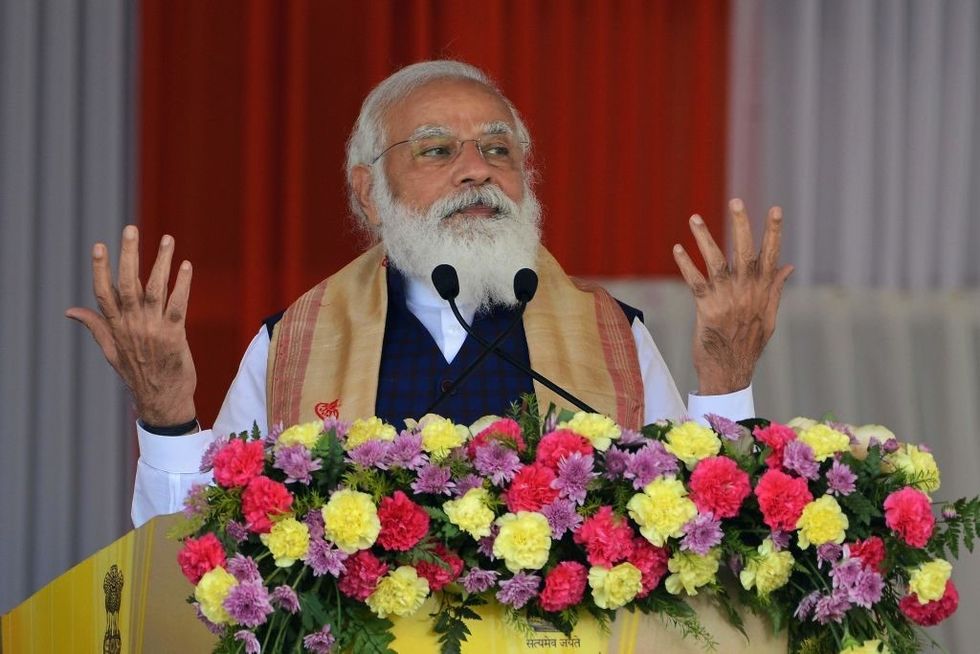WITH problems multiplying for India’s century-old Congress party, senior leader and Rajya Sabha member Kapil Sibal has said that the party must bring widespread reforms across all levels of its organisation to prove that it is still a viable political alternative to the ruling Bharatiya Janata Party (BJP). Sibal has been vocal over the Congress’s less-than-happy state of affairs of late and has been critical of leaders like Jitin Prasada, who have left the party to join the BJP, as well as the party leadership for not doing enough introspection. He slammed the top brass after the Congress fared miserably in the Assembly elections in Bihar late last year.
The 72-year-old Sibal was among the G-23 leaders who wrote to Congress president Sonia Gandhi demanding a meaningful overhaul of the party. He hoped the party’s organisational polls, which got postponed in the wake of the Covid-19 pandemic recently, will “happen sooner or later”. In an exclusive interview to PTI, the veteran leader said while there is no strong political alternative to the BJP, Prime Minister Narendra Modi has lost the moral authority to rule and it is only the Congress which can present an alternative. He said while forming committees to review losses in election is good, no differences will be seen till the remedies suggested and implemented.

Sibal, a former Union law minister, said the Congress’s decision to ally with parties like the All India United Democratic Front in Assam and the Indian Secular Front in West Bengal during the recent elections that it lost were “not thought through”. He said the Congress failed to drive home the point that minority and majority communalism are equally dangerous for the country and cited it as a major reason why the Congress did poorly in the recent Assembly elections. In Assam, the Congress failed to return to power while in Bengal, it could not win a single seat.
In the wake of defections of young leaders like Jyotiraditya Scindia in Madhya Pradesh last year and Prasada in UP recently, Sibal said “there is an urgent need to strike a balance between experience and youth”. He said from the earlier “aya ram, gaya ram politics”, it has now come to “prasada politics” asking whether Jitin will get “prasada” from the BJP.
No strong political alternative now, says Sibal
“At present, there is definitely a void in terms of a strong political alternative. It is exactly in this context, that I had given suggestions for some reforms in my party so that the country has a strong and credible opposition. But what comes out of it is not something for me to foretell. But I am sure, a time will come when the people of this country will decide what is good for them,” Sibal told PTI.
Sibal said India needs a resurgent Congress and the party must rope in the right people to drive its poll strategy so that it can capitalise on the failures of the government. “Victory of non-BJP parties in recent assembly elections has shown the chinks in the BJP's armour in terms of its vulnerability to losing when faced with a stronger opposition,” he said. “India needs a resurgent Congress. But for that, the party needs to show that it is active, present, aware and is in the mood to engage meaningfully. For this to happen, we will need to have widespread reforms at the organisational hierarchy both at the central and state levels to show that the party is still a force to reckon with and is no longer in a state of inertia,” he said.

'Congress must capitalise on Modi's pandemic failures'
“The Modi government's inept handling of the pandemic and the resultant anguish among people across the country needs to be channelised. The Congress has to take it upon itself to provide an alternative roadmap in the nation's interest and I am sure, we will emerge victorious in this enterprise,” Sibal said just two days after election strategist Prashant Kishor met Nationalist Congress Party chief Sharad Pawar in Mumbai, triggering speculation of a potential third front.When asked whether the Congress has learnt its lessons from the Antony Committee report after the 2014 Lok Sabha election debacle, Sibal said that party had not been able to focus on the point that all forms of communalism is dangerous. “The Antony committee set up by Congress chief Sonia Gandhi soon after the 2014 Lok Sabha elections had rightly pointed out that fighting the polls on secularism versus communalism plank hurt the Congress that was identified as pro-minority, resulting in substantial electoral gains for the BJP. More importantly the Congress also failed to drive home the point that minority and majority communalism were equally dangerous for the country. In my view, the decision to ally with All India United Democratic Front in Assam and Indian Secular Front in Bengal was not thought through,” Sibal said.

















 Kulsuma Aktergetty images
Kulsuma Aktergetty images
Police may probe anti-Israel comments at Glastonbury